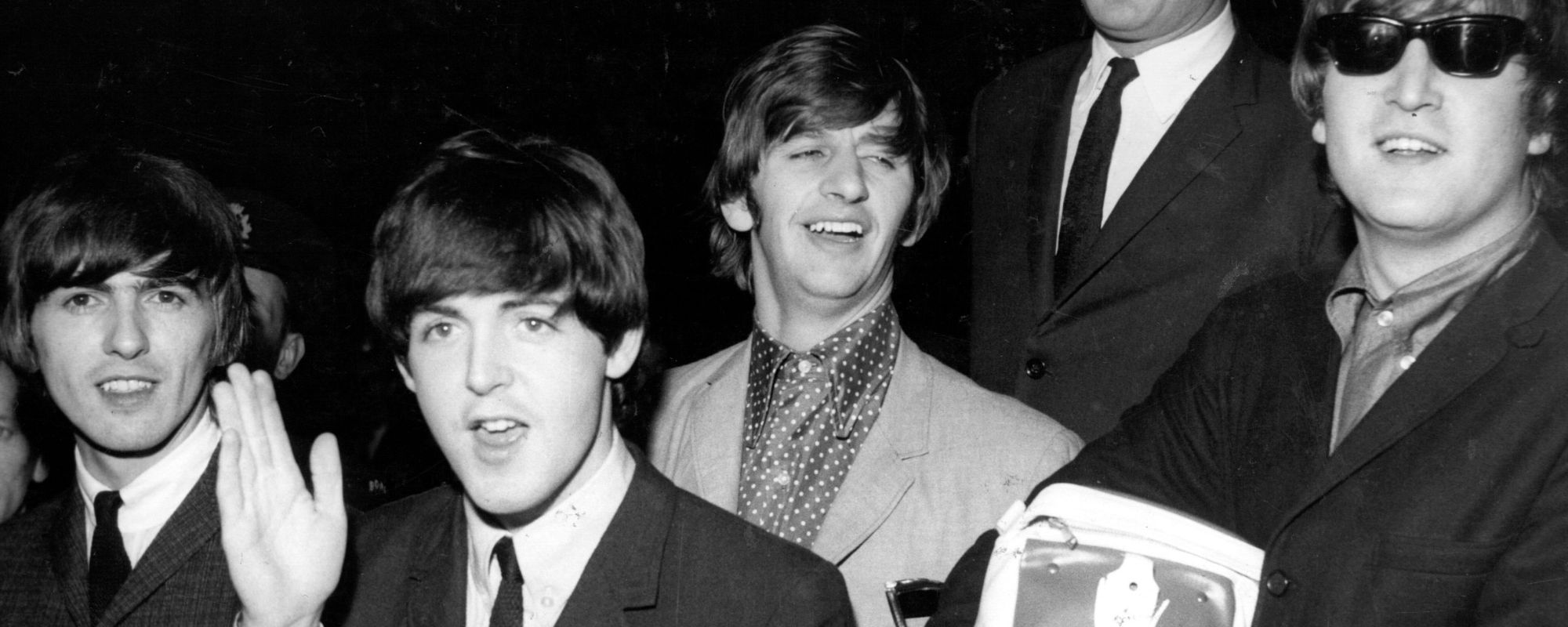Sly Stone and feel-good funk music seemingly go hand in hand, but there’s a darker message hiding behind his upbeat hits from the 1970s and ‘80s that music historian and famed Roots founder Questlove argues most of us missed upon first listening. He compares the Sly & the Family Stone frontman’s elusive way of hiding dark messages in relatively bright music to other artists like Michael Jackson, Stevie Wonder, and even the Beatles.
Videos by American Songwriter
Suddenly, the “love and peace” message we often imbue in Stone’s music seems considerably less loving and peaceful.
What Sly Stone Was Hiding Behind His Feel-Good Funk
Sly and the Family Stone dominated the airwaves in the late 1960s after the release of their first hit single, the title track to their 1968 album Dance to the Music. From there, the funk outfit released other popular hits like “Hot Fun in the Summertime” and “Thank You (Falettinme Be Mice Elf Agin)/Everybody Is a Star.” With their infectious grooves and seemingly positive messages, Sly and the Family Stone’s music seemed like the perfect soundtrack to the “peace and love” ethos of the late 1960s. However, as documentarian and musician Questlove came to find while conducting research for Sly Lives! (aka The Burden of Black Genius), those songs weren’t as carefree as you might have thought when you heard them for the first time.
“Sly always does that,” Questlove explained during a March 2025 appearance on Rolling Stone’s Music Now podcast. “I think that’s kind of his, like, ‘help the medicine go down’ approach. He paints a very dark, lyric, paranoia, self-confessional thing almost in every record. But it’s so happy sounding.”
“Hot Fun in the Summertime” is a prime example. If you listen to the track, Questlove argued, “When those strings hit, even before the vocal starts, “Hot Fun in the Summertime” is just like, it’s the feeling of your parents hugging you, that they’re proud of you, it’s the best summer. What’s crazy…is Sly is describing a summertime that we’ll never, ever get to experience in this lifetime. You never experience a county fair in the country sun. Sly loves to reverse the idea of the American dream in an ironic way.”
A Writing Technique Hidden In Plain Sight In The Pop Music World
Questlove drew parallels between Sly Stone’s subversive writing technique and other pop giants, including Stevie Wonder and Michael Jackson. One of Wonder’s most pressing examples of hiding a darker message in a pleasant musical arrangement is “Village Ghetto Land” from his 1976 record, Songs in the Key of Life. But according to Questlove, the greatest case of a popular album hiding a far seedier message is Michael Jackson’s 1982 magnum opus, Thriller. “There’s not one happy song on Thriller,” Questlove said.
“The irony of us choosing the one, all of us agreeing that this will be the greatest selling album of all time, but each song: song one, paranoia. Song two, abandonment issues. Three, c***blocking. Four, monsters gonna tear your a** up. Five, a gang war. Song six, the paternal song. Song seven, existentialistic questioning of God’s existence. Songs eight and nine are kind of also abandonment issue songs. It’s all paranoia. I’m like, ‘Wow. You figured out the Sly formula that musically, it engages you, and you have no idea that the person is crying out for help.”
Photo by Michael Ochs Archives/Getty Images













Leave a Reply
Only members can comment. Become a member. Already a member? Log in.